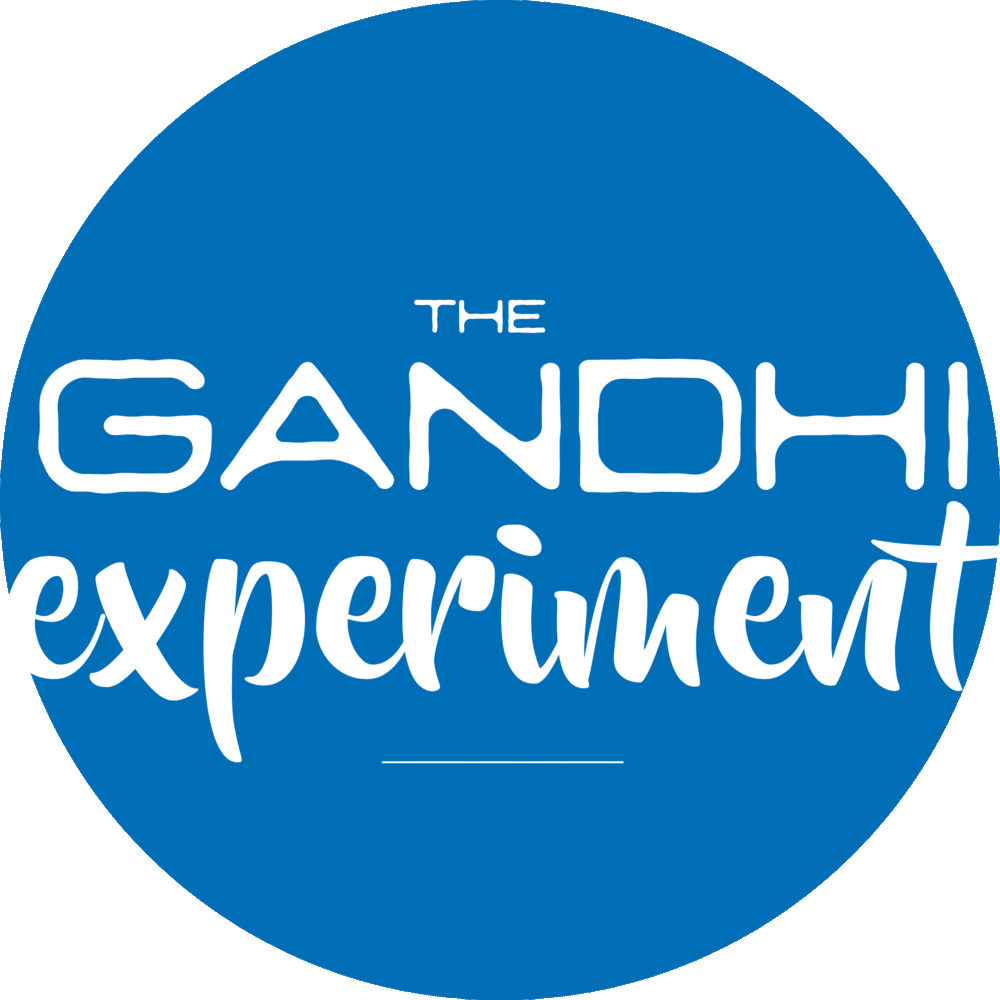Margaret Hepworth of The Gandhi Experiment introduces:
In direct contrast to traditional adversarial debates, collaborative debating results in a real win - students finding a solution to the problem, whilst all the challenges of critical thinking, positing an argument, and thinking on your feet are maintained.
Imagine an Affirmative team being met with a Cooperative team; a Mindful Coordinator chairing the debate; and a Mentor who didn't judge, score or rate, yet instead metered out a series of guidances. Now you have a Collaborative Debate – a debate that may actually get us somewhere beyond the argument, towards the solutions that we are seeking. A debate where the skills that young people are learning are not simply for the sake of learning – they are life skills.
Teach your students new skills relevant to the world outside the classroom; relevant to the school yard and beyond: Collaborative debating.
We are now available to attend your school either to train your English and Humanities teachers and / or work directly with the students in this exciting new debating methodology.
“Having done a lot of traditional debating, I learnt through collaborative debating how much more respectful and beneficial it is to work collaboratively and to be open to the ideas of others.”
“Collaborative Debating is a useful tool for our community to learn how to tackle the big issues in a way that promotes solutions over winning. This could help our leaders of tomorrow to become more active citizens and thoughtful decision makers.”
Contact us to book a workshop now or to enquire further:
‘Collaborative Debating is tomorrow’s political and social progress.’
‘Learning Collaborative Debating is rigorous yet fun, and is team building in itself.’
Out beyond ideas of wrongdoing and rightdoing, there is a field. I'll meet you there.
Rumi 13th century


